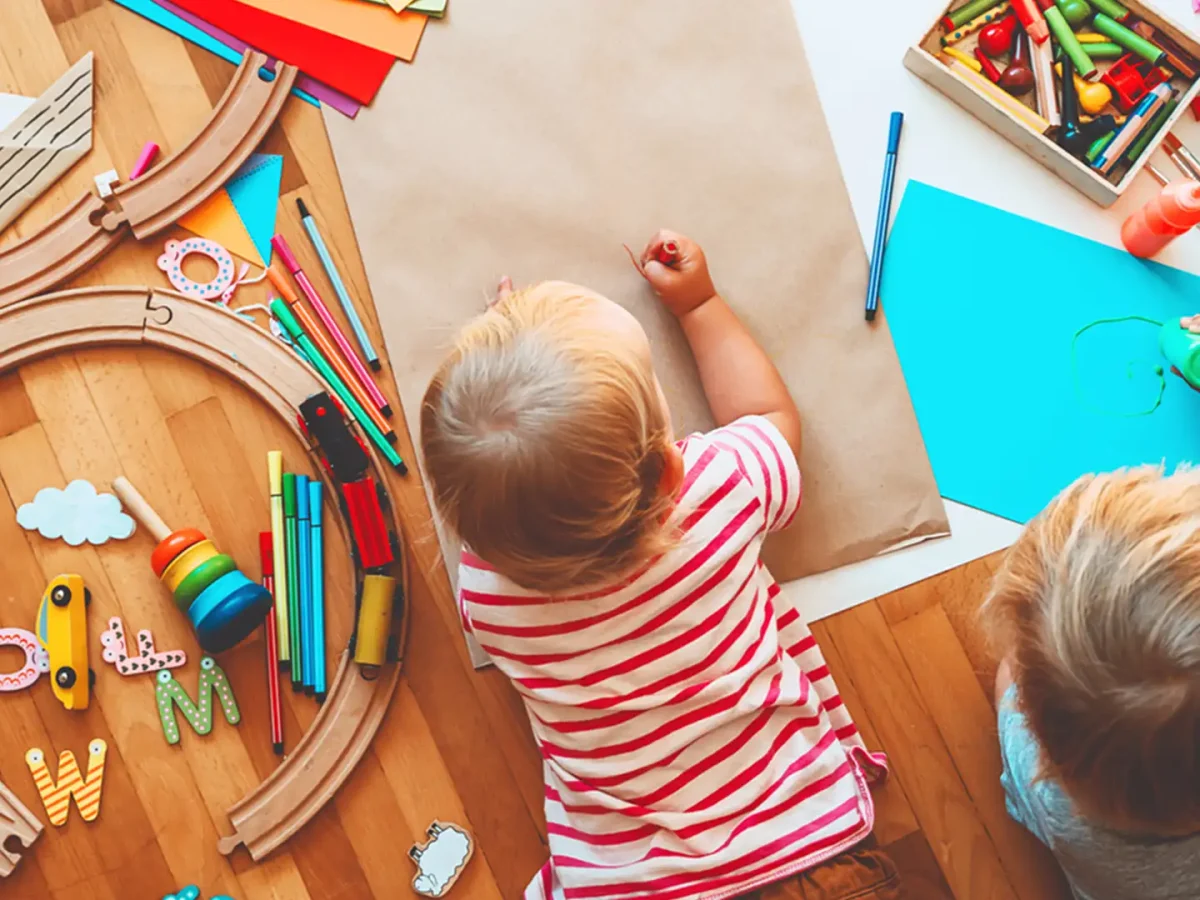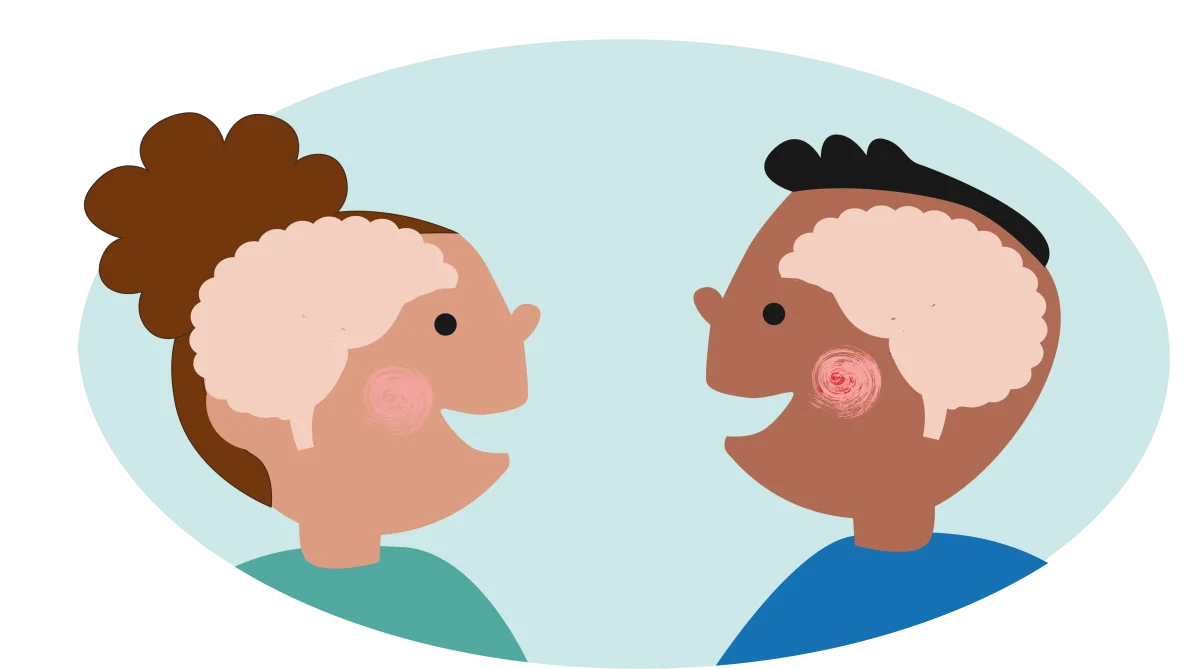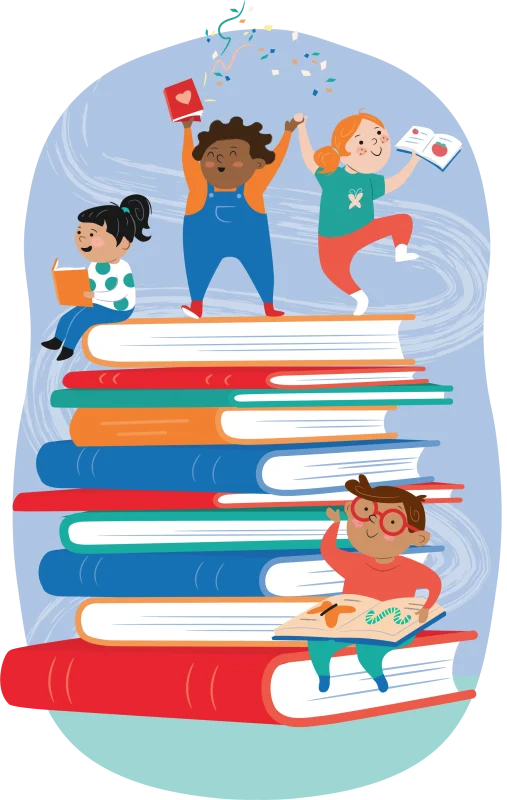An American study from 2018 found that only 14% of parents read to their children every day for at least 15 minutes starting from birth.
Source:
Help us build a brighter, more literate future for all children in Canada.




To ensure all children across Canada are equipped with the literacy skills they need to reach their full potential.




No matter how well you read, sing, or speak, every adult in a child’s life can help them develop a love of reading right from birth!
Clinic tools, training modules, and more for healthcare professionals working with children ages 0-5.
Instructional materials, professional development tools, and curriculum support for early years educators and ECEs.
Tip sheets and activities for families to use at home.

An American study from 2018 found that only 14% of parents read to their children every day for at least 15 minutes starting from birth.
Source:
The Early Words program equips key adults in children’s lives with tools and resources to support their literacy development right from the very start.
By reaching families early and often through clinics, classrooms, and communities with evidence-based early literacy training, practical resources, and books, Early Words strives to set more children up for lifelong success.
Learn more about:


Three Early Words healthcare professionals to share their Early Words program experiences with us.